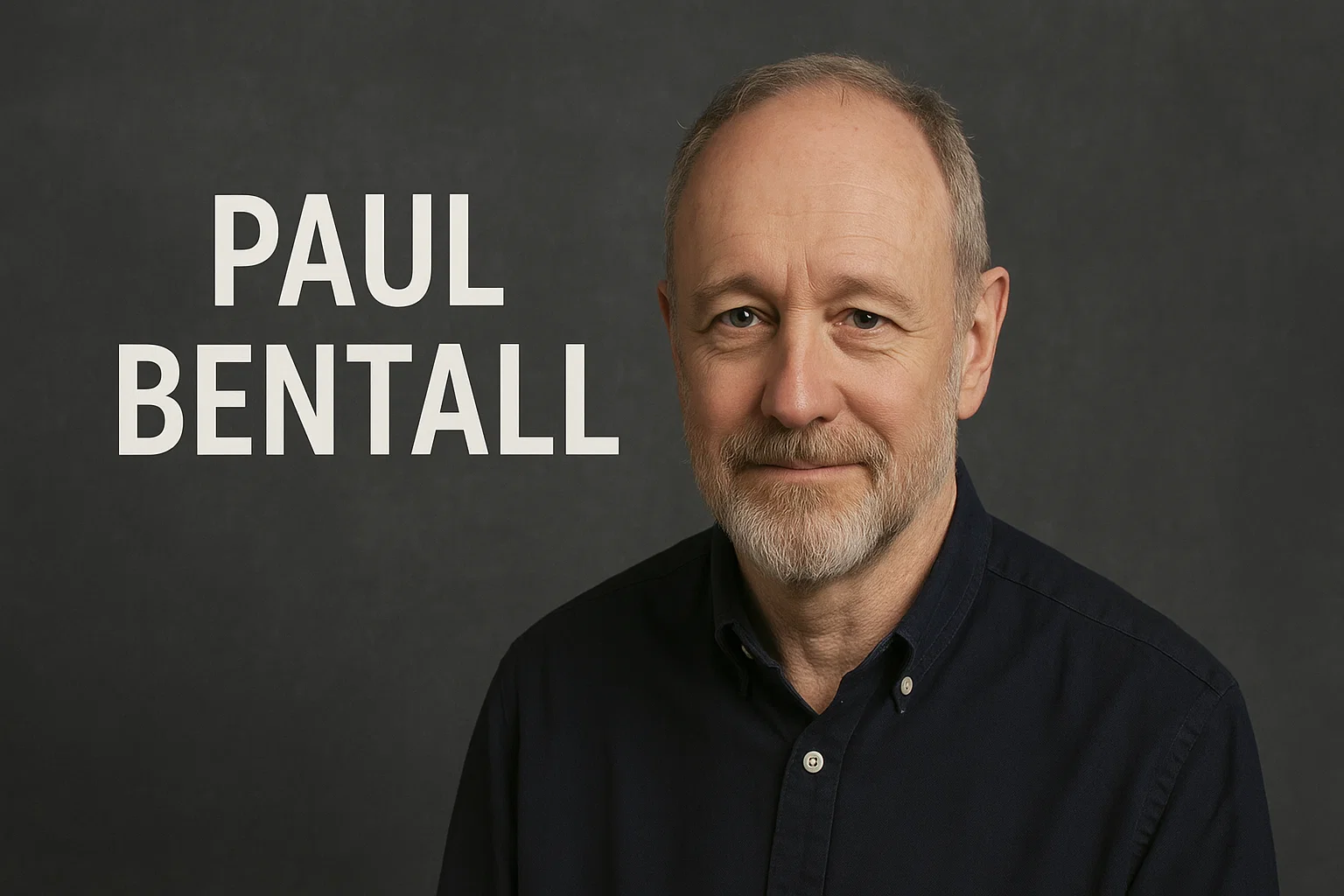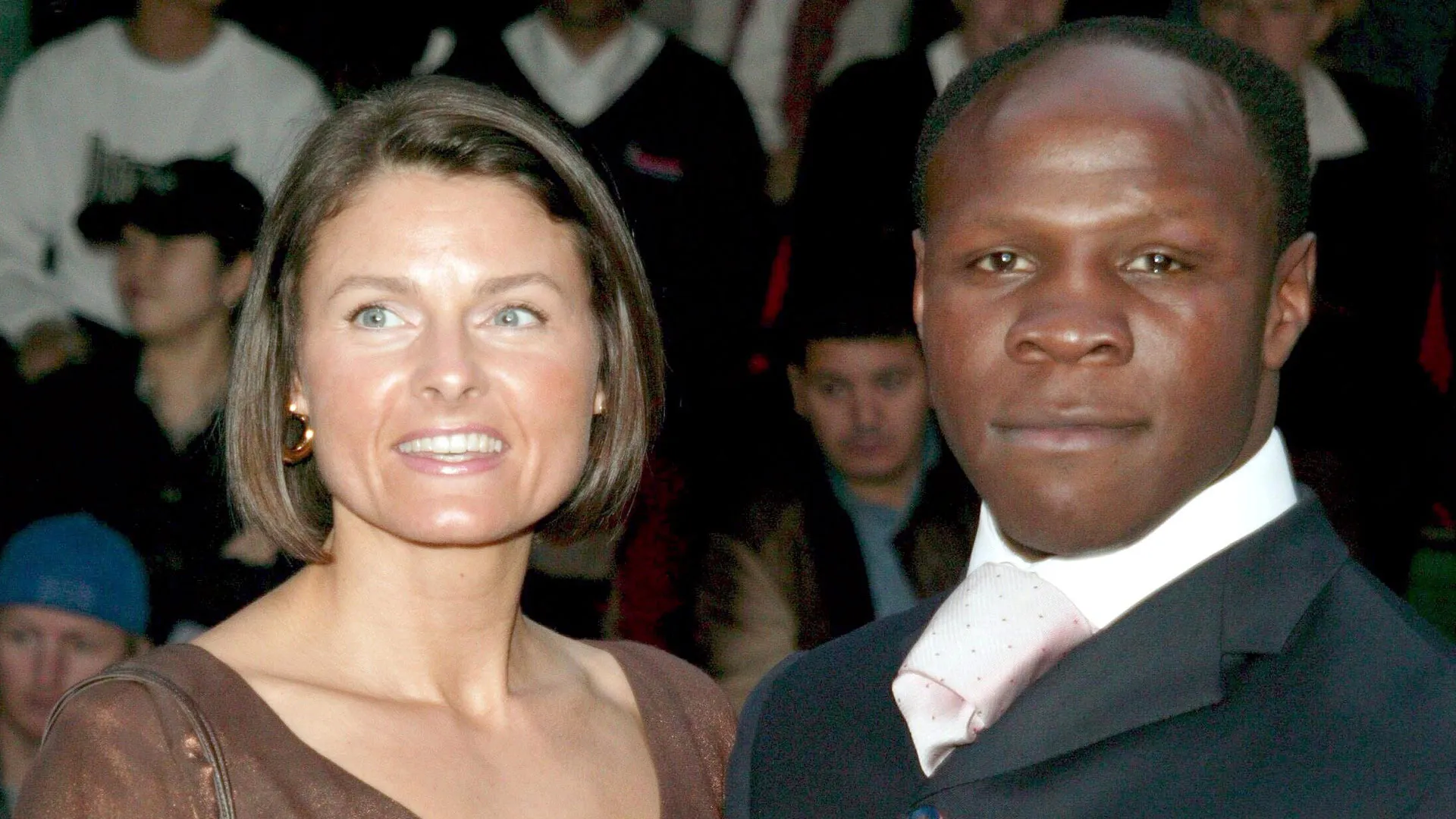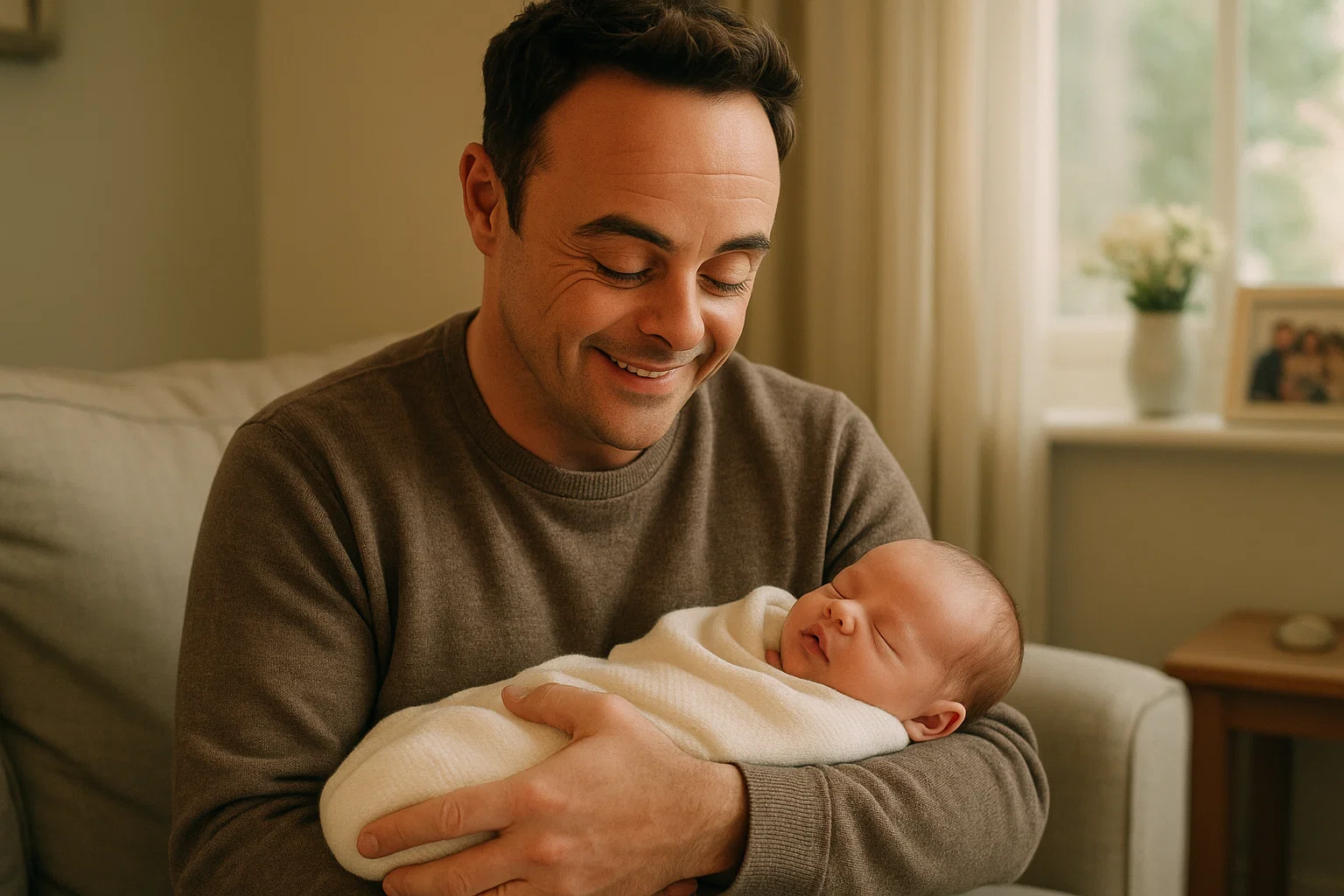In the vast landscape of British entertainment, few actors embody quiet consistency and dedication quite like Paul Bentall. While some chase stardom and public recognition, Bentall has carved a unique place for himself through steady performances, versatility, and an unwavering commitment to his craft. Whether on stage in London’s prestigious West End or in supporting roles across television and film, Paul Bentall stands as a testament to the enduring value of character actors — those who enrich every production they touch without necessarily dominating the spotlight.
This article explores the life, career, and enduring legacy of Paul Bentall — a man whose work has left an indelible mark on the performing arts, even if the man himself prefers to stay out of the limelight.
Early Life and Personal Background
Paul Bentall was born on September 29, 1948, in Westminster, London, England. Growing up in a post-war Britain that was rebuilding its cultural identity, Bentall developed an early fascination with performance. Like many British actors of his generation, his path into acting was rooted in a passion for storytelling and a respect for theatre traditions.
Though detailed accounts of his early education are scarce, Bentall’s later career suggests a solid foundation in classical training — an approach emphasizing voice control, stage presence, and textual interpretation. His polished performances across Shakespearean and modern roles show a deep understanding of character development, a skill that has defined his long career.
On the personal front, Bentall’s life has been interwoven with the arts. He has been married to actress Janine Duvitski, known for her roles in popular TV comedies like Benidorm and Waiting for God. Their marriage is a reflection of shared artistic values and mutual respect for the craft. He was also previously married to Maryam Khalvati, a noted poet, with whom he shares several children. Among his children is Ruby Bentall, an accomplished actress best known for her work in Poldark and Lark Rise to Candleford. Clearly, creativity runs in the Bentall family.
A Career Built on Craft
Unlike actors who rely on celebrity status, Paul Bentall’s career is built on solid acting chops and consistency. His ability to bring truth and texture to supporting roles has made him a valuable contributor to every project he joins.
Film Work
Bentall’s film career spans several decades, featuring a mix of commercial and artistic productions. One of his earliest appearances was in the cult classic Flash Gordon (1980), a colorful space adventure that remains a nostalgic favorite. Though his role was small, it was one of his first opportunities to showcase his screen presence.
In First Knight (1995), a medieval epic starring Richard Gere and Sean Connery, Bentall appeared among a strong ensemble cast. His performance added depth to a film that blended romance, heroism, and tragedy.
Another standout appearance came in The World’s End (2013), part of the acclaimed “Cornetto Trilogy” directed by Edgar Wright. Bentall’s role may not have been central, but his inclusion in such a high-profile project reflected the industry’s recognition of his professionalism and versatility.
Television Roles
British television has long been a playground for seasoned actors, and Bentall’s presence has been felt across many beloved shows. His TV credits include appearances in Midsomer Murders, Silent Witness, Doctors, Law & Order: UK, and SS-GB. Each role, while brief, demonstrates his ability to adapt to different tones — from crime dramas to period pieces.
One of his notable recent television performances was in Bad Sisters (2022), where he portrayed George Williams. His portrayal added emotional nuance to the darkly comic series. In Van der Valk, Bentall played Chaim Dan, further cementing his reputation as a dependable performer capable of grounding complex narratives with realism.
His television career illustrates the essence of a true working actor — not chasing fame, but instead embracing every opportunity to embody diverse, believable characters.
A Stalwart of the Theatre
While audiences might recognize Paul Bentall from his screen appearances, theatre has been the heartbeat of his artistic journey. He is a seasoned stage actor whose performances have graced London’s most prestigious venues.
Bentall has been part of the West End production of “Harry Potter and the Cursed Child”, where he played multiple roles, including the imposing and enigmatic figure of Voldemort in certain performances. This production, known for its groundbreaking stagecraft and emotional storytelling, showcased Bentall’s adaptability and his ability to bring iconic characters to life.
He also appeared in “The American Clock” at the Old Vic Theatre, a powerful revival of Arthur Miller’s play exploring the Great Depression. His performance received critical praise for its sincerity and emotional depth.
Throughout his stage career, Bentall has tackled everything from Shakespearean tragedies to contemporary dramas, each time demonstrating the kind of presence and authority that only a lifetime of experience can provide. In an era when many actors move away from theatre in pursuit of screen fame, Bentall remains a proud torchbearer of live performance — where acting is stripped of filters and editing, leaving only pure talent and connection.
Acting Philosophy and Style
Paul Bentall’s acting style is rooted in authenticity. He is known for his ability to inhabit characters fully, without resorting to exaggeration or artifice. His performances are marked by subtle gestures, thoughtful timing, and emotional restraint — qualities that allow audiences to see the truth of the character rather than the performance itself.
He belongs to the generation of British actors who view acting as a craft, not a means to celebrity. His approach emphasizes preparation, listening, and collaboration. Whether performing opposite high-profile co-stars or leading young ensembles, Bentall’s professionalism elevates those around him.
Directors often praise actors like Paul Bentall for their reliability — not just in delivering consistent performances but also in contributing positively to the working atmosphere of a production. His humility and respect for the art form are evident in the seamless way he blends into every story, never demanding attention yet always commanding respect.
Family Legacy and Influence
Beyond his own accomplishments, Paul Bentall’s legacy continues through his family. His daughter, Ruby Bentall, has become a prominent figure in British television, embodying the same balance of grace and groundedness that defines her father’s work. In interviews, Ruby has spoken of her parents’ influence — their encouragement of creativity, their respect for storytelling, and their insistence on discipline and authenticity.
Bentall’s marriage to Janine Duvitski also represents one of the enduring partnerships in British acting circles. Both have built long, successful careers without sacrificing artistic integrity or personal values. Together, they exemplify what it means to sustain a life in the arts — not through fame, but through love for the work itself.
The Quiet Power of Supporting Actors
It’s easy to overlook actors like Paul Bentall in an industry that often celebrates the lead roles. Yet, his career serves as a reminder that storytelling is a collective art form. Every memorable film, play, or series owes its richness not just to stars, but to the supporting players who make fictional worlds believable.
Bentall’s performances might not always grab headlines, but they linger in the viewer’s subconscious — the judge who anchors a courtroom drama, the father who lends emotional depth to a family story, the ensemble member who gives a play its heartbeat. These roles matter. They make the difference between entertainment that feels artificial and stories that feel lived-in.
Read also: Rhia Danis: The Voice of Regeneration, Inclusion, and Global Change
Conclusion
Paul Bentall represents a rare breed of actor — one who finds fulfillment not in fame, but in the honest pursuit of craft. His journey through decades of British theatre, film, and television reflects the values of dedication, humility, and artistic truth.
He reminds us that acting is not just about the spotlight but about connection — with audiences, with fellow performers, and with the timeless human stories that define us all.
In celebrating Paul Bentall, we celebrate the countless artists who work tirelessly behind the scenes and in supporting roles, enriching our cultural landscape in quiet yet profound ways. His life’s work stands as proof that greatness in acting is not measured by fame, but by authenticity, endurance, and the ability to move audiences — one performance at a time.



